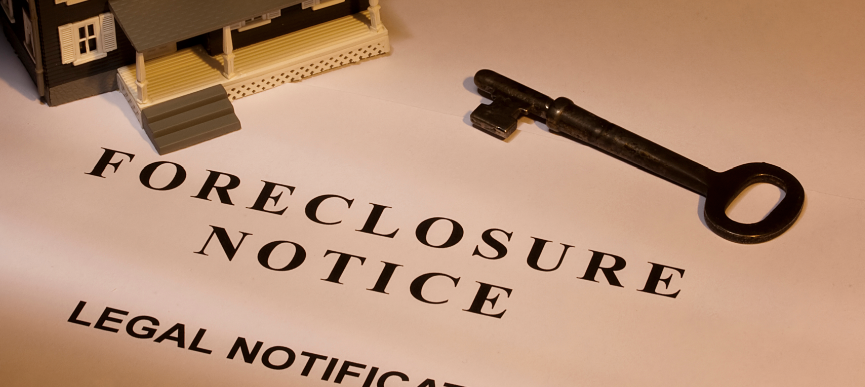
If you’ve gotten a foreclosure notice of default and want to know what the heck is going on, keep reading.
What “foreclosure” actually means. In Florida, foreclosure is a court case a lender files when a mortgage hasn’t been paid for a while. Florida is a judicial state, so the lender must sue in court there isn’t a one-page “notice of default” that automatically takes your house.
There’s a built-in grace window. Under federal servicing rules, most lenders can’t even start the legal case until you’re more than 120 days behind. During that time, you can ask about help (loan modification, repayment plan, forbearance)
How the case starts. The lender files a lawsuit and records a lis pendens (a public notice tied to your property so everyone knows a case is pending). Anyone with a legal interest (you, HOA/condo, junior lienholders) is notified through the court process. The lis pendens is what puts the world on notice not a sign on your door.
What happens while the case is open. You’ll be served with the lawsuit and have a chance to respond. Many mortgages also require the lender to send a breach/acceleration letter before suing basically “you’re in default, here’s how to fix it, here’s the deadline.” If you got one, keep it; it matters.
If the lender wins. The judge enters a final judgment of foreclosure and sets a sale date. Florida law says the sale must be publicly advertised either on an approved website or once a week for two consecutive weeks in a local newspaper, with the second notice at least five days before the sale.
After the auction. The clerk files a Certificate of Sale and there’s a 10-day window for objections. If no valid objection is filed, the clerk issues the Certificate of Title to the winning bidder, and ownership officially changes.
Important protections to know:
-
You can still seek help (modification, repayment, short sale) before judgment, and sometimes even very late in the process. Ask the servicer’s loss-mitigation team for options.
-
Posting on the property isn’t how Florida “starts” foreclosure; notice runs through the court and required publications for the sale, not the start.
-
Every case is a little different. HOA foreclosures, surplus proceeds, or deficiency judgments are governed by specific Florida statutes and court orders ask a local attorney or the clerk if you’re unsure.
Bottom line. In Florida, foreclosure is a formal court process with timelines and notices that are designed to give you time to understand options and act. If you’ve fallen behind, use the 120-day window to talk to your servicer, explore assistance, or speak with a local housing counselor or attorney. Even later in the case, you still have rights and choices.
Back before US law required a notice of default, people were sometimes foreclosed on without any warning.
In fact, it’s happened even in the past few years – at least one bank has accidentally foreclosed on the wrong property and kicked people out of their house without due process or warning. It’s even happened around Panama City.
The notice of default is a very important step within the foreclosure process that gives people with an interest in the property to step forward and claim their rights – before it’s too late.
If you’ve received a notice of default, don’t wait. Time is definitely of the essence, and you should take action.
Here are a few key steps you should take:
1) Stay calm and don’t panic.
This may sound obvious, but it’s probably the most important. Anyone in foreclosure is dealing with a lot of stress beyond just the property. These situations don’t happen overnight, and they take a while to solve. You’ll get through it by practicing good coping techniques and taking good care of yourself and your family. Panic leads to bad decisions, so stay cool.
2) Educate yourself.
Learn everything you can about the foreclosure process in your state so that you know what’s happening and what’s coming up next.
3) Gather your resources.
There’s also many non-profit and government resources available out there. You’ll want good legal and tax advice along the way. Definitely don’t try to do it all yourself. This stuff is super complicated with lots of rules.
4) Learn your options.
We’re here to help you avoid foreclosure. We buy houses with cash. We can help you with short sales and even rent-back situations so you (potentially) may be able to keep living in your home. There are many more options than you think.
5) Communicate.
The banks involved don’t want your property. They want money, and what you say matters a lot. You can slow down or stop the foreclosure process if you take the appropriate action.
Want to know more?
